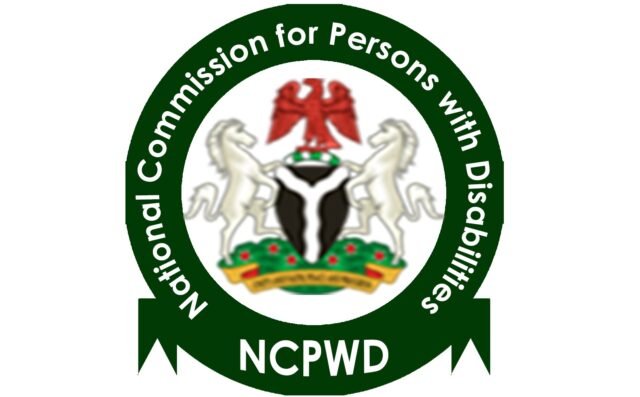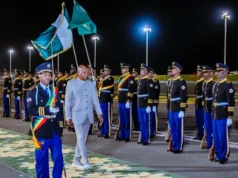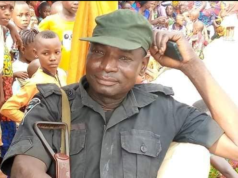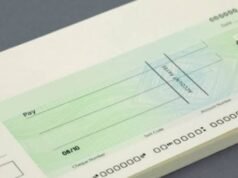In a landmark national workshop held on Tuesday, July 22, 2025, the National Commission for Persons with Disabilities (NCPWD) joined forces with the Federal Ministry of Education and the National Working Committee on Inclusive Education to launch a coordinated campaign toward the full rollout of Nigeria’s Revised National Policy on Inclusive Education nationwide.
Table of Contents
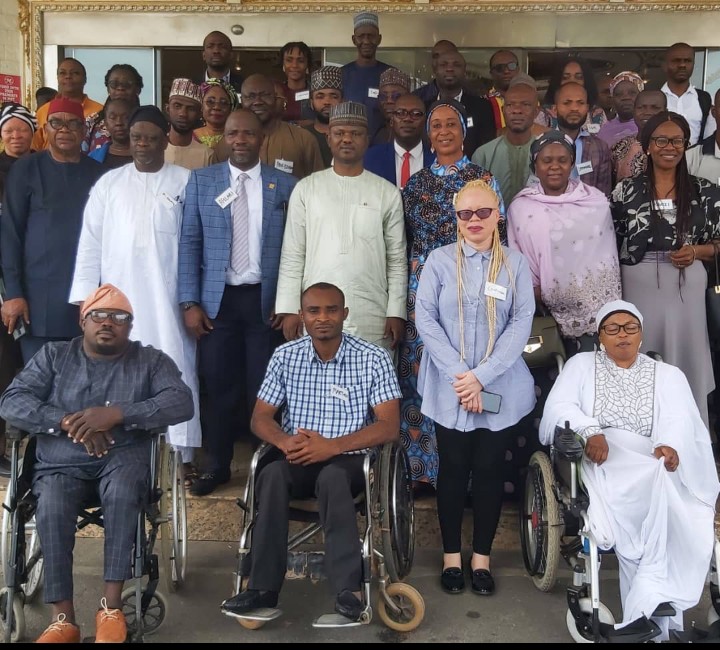
A Defining Moment for Educational Equity
The event, themed “Strengthening Inclusive Education for Equitable Learning in Nigeria,” brought together senior officials from government, development partners, civil society organisations, and advocacy groups at the Education Ministry headquarters in Abuja. Their shared objective: to domesticate and implement the inclusive education policy across all 36 states and the Federal Capital Territory.
This move stems from Nigeria’s alignment with Sustainable Development Goal 4 (SDG 4), which mandates inclusive and equitable quality education and lifelong learning for all.
High‑Level Voices Advocate for Change Through NCPWD
In his opening address, Dr. Adebukola Adebayo, Technical Assistant at NCPWD, underscored the workshop’s role as a catalyst for unified action:
“This workshop offers a vital platform to align perspectives, pinpoint key challenges, and craft cohesive strategies to build a genuinely inclusive education system in Nigeria.”
Professor Suwaiba Ahmad, Minister of State for Education, followed with an impassioned commitment on behalf of the Ministry:
“Today marks a pivotal chapter in our journey to mainstream inclusive education. Every child—regardless of disability, gender, socio‑economic background or circumstance—must be given the equal opportunity to thrive.”
She further emphasised that inclusive education must transcend mere policy declaration—it must reflect a national ethos built on equality and unity.
Mapping the Road Ahead
Kehinde Ogunbiyitan, a member of the National Policy Committee, presented the 2023 Revised Policy on Inclusive Education, calling on stakeholders to develop actionable frameworks for awareness and practical implementation in schools, both public and private:
“There is no time to waste. We need strategic awareness campaigns and coordinated efforts to ensure the policy takes effect in real classrooms nationwide.”
Development Partners: A Unified Front
The workshop featured active participation from key development partners, including:
- Partnership for Learning for All in Nigeria (PLANE)
- Sightsavers Nigeria
- British Council
- UNICEF
- PLAN International
- TAF Africa
Their contributions highlighted a collective resolve to support NCPWD and the Ministry in transforming policy into action, marked by pledges of continued collaboration and resource mobilisation
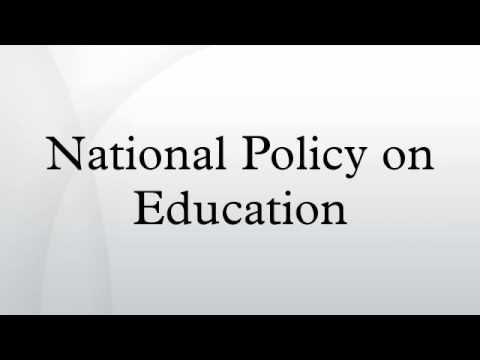
From Policy to Practice: Bridging the Gap
Despite progress since its initial release in 2017—and the significant revision of the policy in 2023—the inclusive education framework remains largely aspirational. According to the National SOPs on Inclusion, implementation gaps persist due to inconsistent standards for school infrastructure, teacher training, student identification, and Individualised Education Plans (IEPs).
The SOPs document—developed by the NCPWD in collaboration with partners, including Festus Fajemilo Foundation and supported by Sightsavers, Disability Rights Fund, and others—clearly outlines responsibilities for school leaders, teachers, inspectors, and community stakeholders. It sets national standards for:
- School accessibility
- Individual student assessments
- Development and monitoring of IEPs
- Classroom teaching methods
- Gender and social inclusion measures
- Emergency response in crisis contexts.
The aim is bold but achievable: at least 90% of all pre‑tertiary schools in Nigeria should be disability‑inclusive by 2030, offering reasonable accommodations and accessible facilities to every learner with disabilities.
State Governments and Civil Society: Crucial Partners
At the workshop’s close, participants issued a joint appeal to state authorities, education administrators, civil society groups and international donors to work in concert toward realising inclusive education in practice—not merely on paper.
Why Now Matters
- Time is of the essence: The revised policy (2023) needs swift adoption after its five-year transition period following the 2018 Disability Act. As the revised policy takes centre stage, no more delays in implementation can be tolerated.
- Legal scaffolding is in place: Nigeria’s legal frameworks—including the 2018 Discrimination Against Persons with Disabilities (Prohibition) Act, the 2017 policy and 2023 revision, and the SOPs—now require consistent enforcement.
- SDG 4 alignment: Nigeria reaffirmed its commitment to international obligations by hosting UN human rights reviews and stakeholder summits; this workshop represents a local expression of that global promise.
Looking Ahead: Delivering Inclusive Classrooms
To transform vision into reality, the coordinated action plan emerging from the workshop recommends:
- Strategic Awareness Campaigns: Mass mobilisation across communities to educate about inclusive schooling rights and obligations
- Teacher Training & Accreditation: Integrating disability‑inclusive pedagogy into teacher education programmes
- Infrastructure Upgrades: Ensuring schools meet accessibility standards in physical design and classroom accommodations
- IEP Implementation and Monitoring: Establishing teams to assess, tailor and track individual learning plans per learner’s needs
- Accountability through Certifications: NCPWD will issue Disability Inclusion Certificates to institutions meeting compliance thresholds, with inspectors conducting regular reviews using updated tools.
- Inclusive Funding Partnerships: Mobilising resources from federal, state, international, civil society and private sectors.
A Unified Vision for National Impact
Nigeria is home to over upwards of 35 million persons with disabilities—many of whom still face exclusion from education. As highlighted by leading NCPWD officials, education must be a space where no child is denied opportunity based on physical, sensory, intellectual or psychological differences.
The commitment voiced at the Abuja workshop echoes through other forums too, with the NCPWD calling for Nigeria to become the most disability‑friendly country in the world, supported by bold policy enforcement and multisector collaboration.
Why It Matters
This effort is not merely bureaucratic—it is deeply transformative:
- For learners, inclusive classrooms mean timely identification of differences, tailored instruction, and sustained support to thrive academically.
- For schools, it demands structural shifts: curriculum adaptation, training, increased parental engagement, and stronger quality assurance.
- For society, it signifies a step toward equity, dignity and national cohesion.
Challenges and the Path Forward
Despite legal frameworks, implementation bottlenecks remain: insufficient teacher capacities, limited infrastructure funding, poor awareness among communities and low political priority in some states. Overcoming these challenges will require sustained advocacy, increased investment, and rigorous accountability from federal to grassroots levels.
The workshop ended not with mere applause, but with a renewed call to action: to state ministries, school leaders, civil society actors and donor agencies—to ensure that inclusive education moves from aspiration to nationwide reality, visible in every Nigerian classroom.
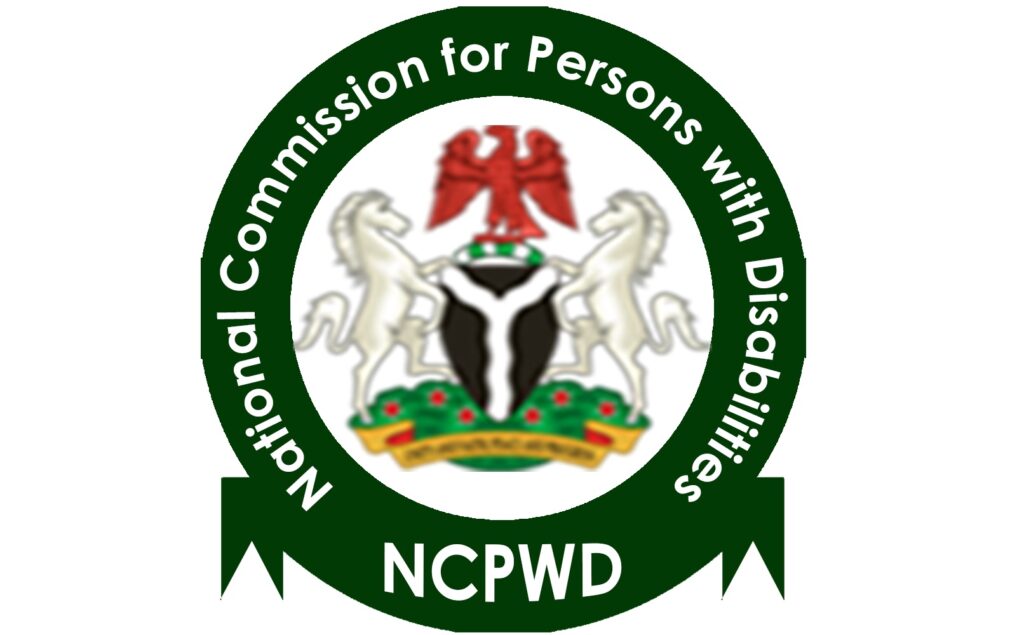
Summary
- The NCPWD, Ministry of Education, and the National Working Committee on Inclusive Education held a national workshop on July 22, 2025 in Abuja to drive the implementation of Nigeria’s Revised National Policy on Inclusive Education.
- Led by Dr. Adebukola Adebayo and Minister Suwaiba Ahmad, stakeholders committed to turning the policy’s promise into action, especially in states yet to domesticate it.
- The workshop spotlighted the recently released Standard Operating Procedures (SOPs), targeting at least 90% inclusive compliance by 2030.
- Partners from development organisations pledged continued support, linking efforts to broader goals like SDG 4, the UN Disability Rights Convention, and national legislation.
- Recommendations included awareness drives, teacher training, infrastructure upgrades, IEP implementation, certification mechanisms and resource mobilisation.
- With more than 35 million persons with disabilities in Nigeria, inclusive education is not only a legal mandate—it is a social imperative for an equitable nation.
Join Our Social Media Channels:
WhatsApp: NaijaEyes
Facebook: NaijaEyes
Twitter: NaijaEyes
Instagram: NaijaEyes
TikTok: NaijaEyes
READ THE LATEST EDUCATION NEWS


